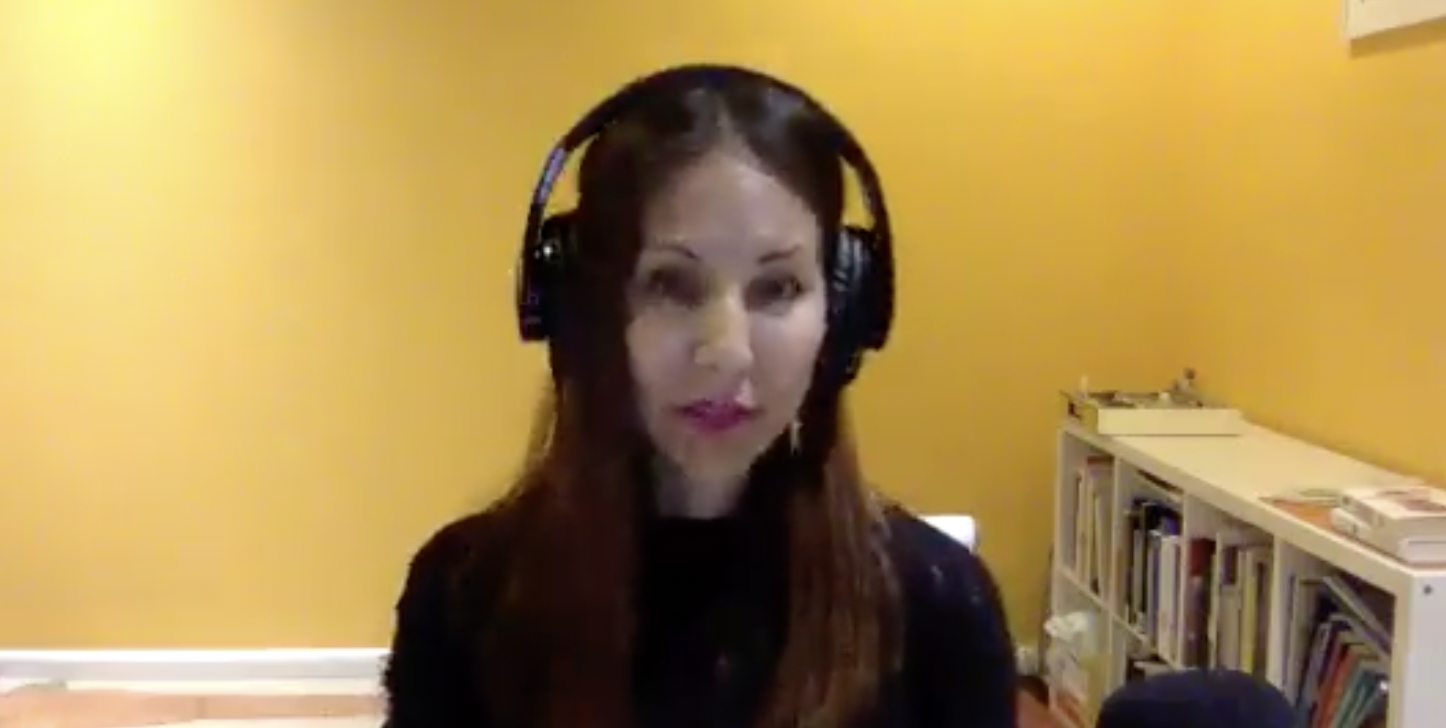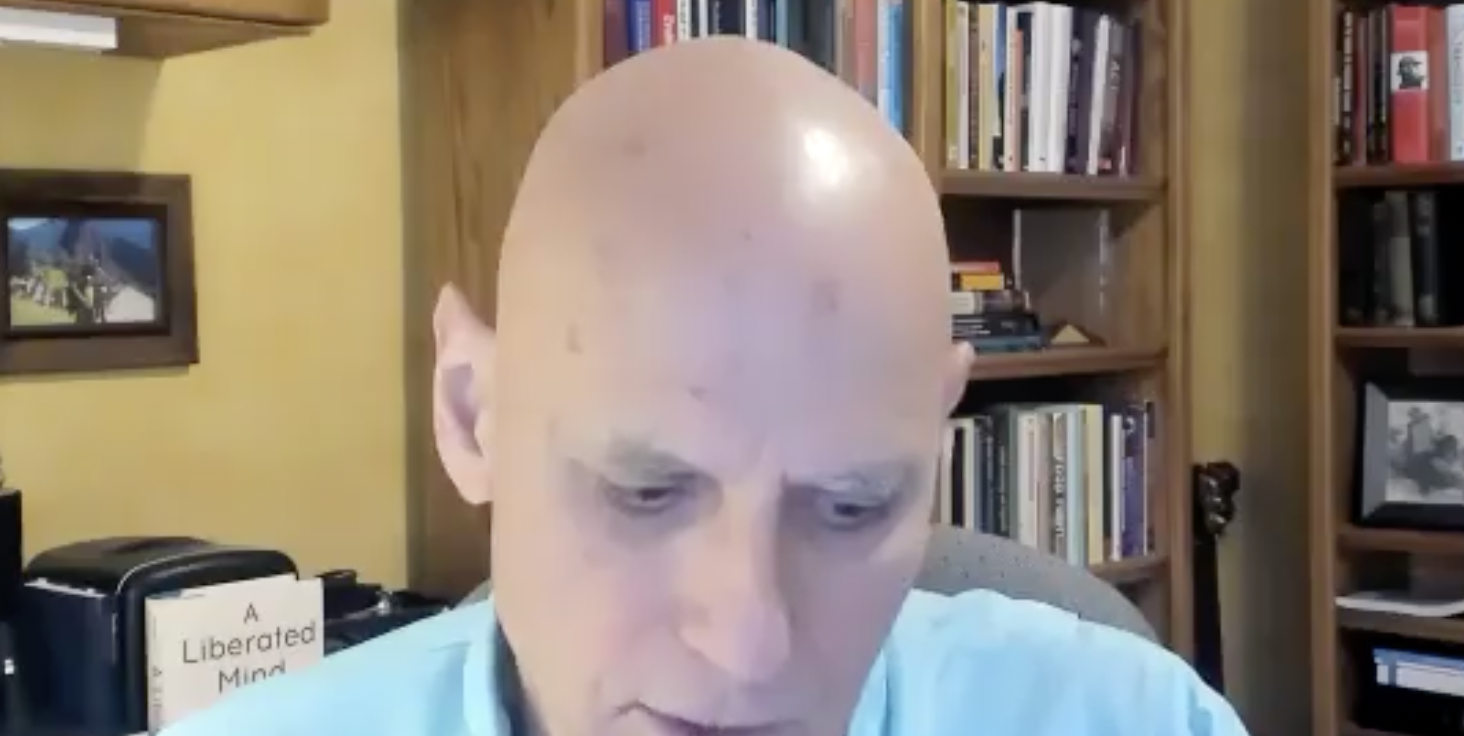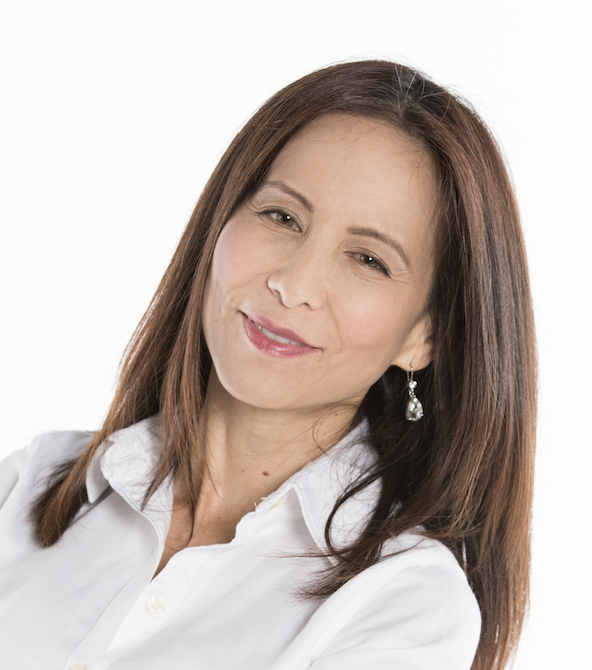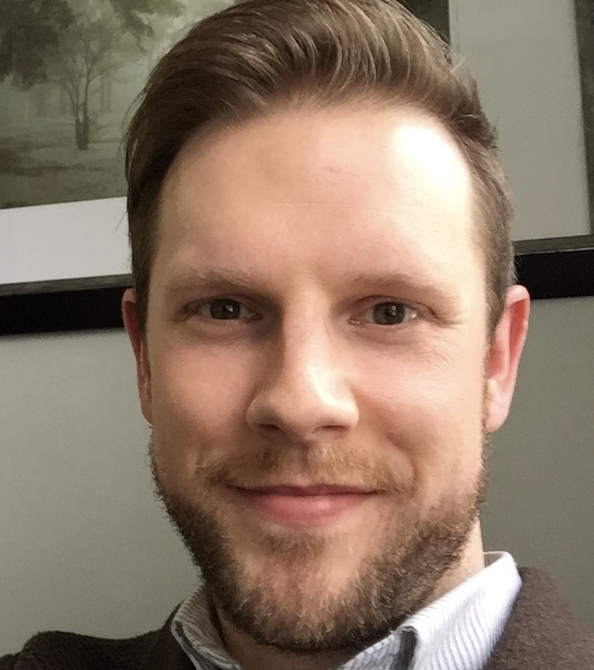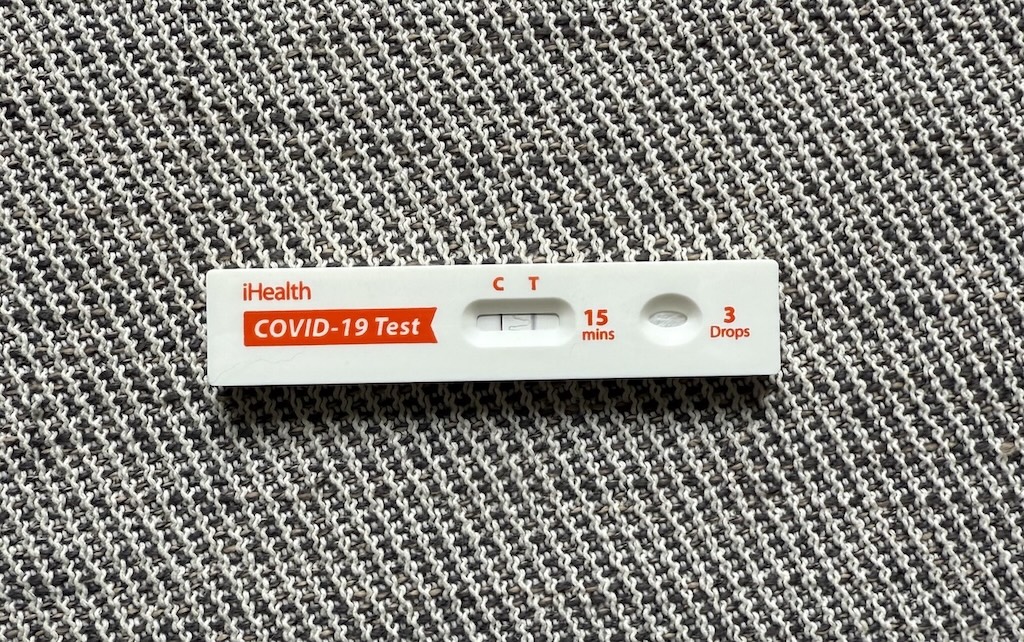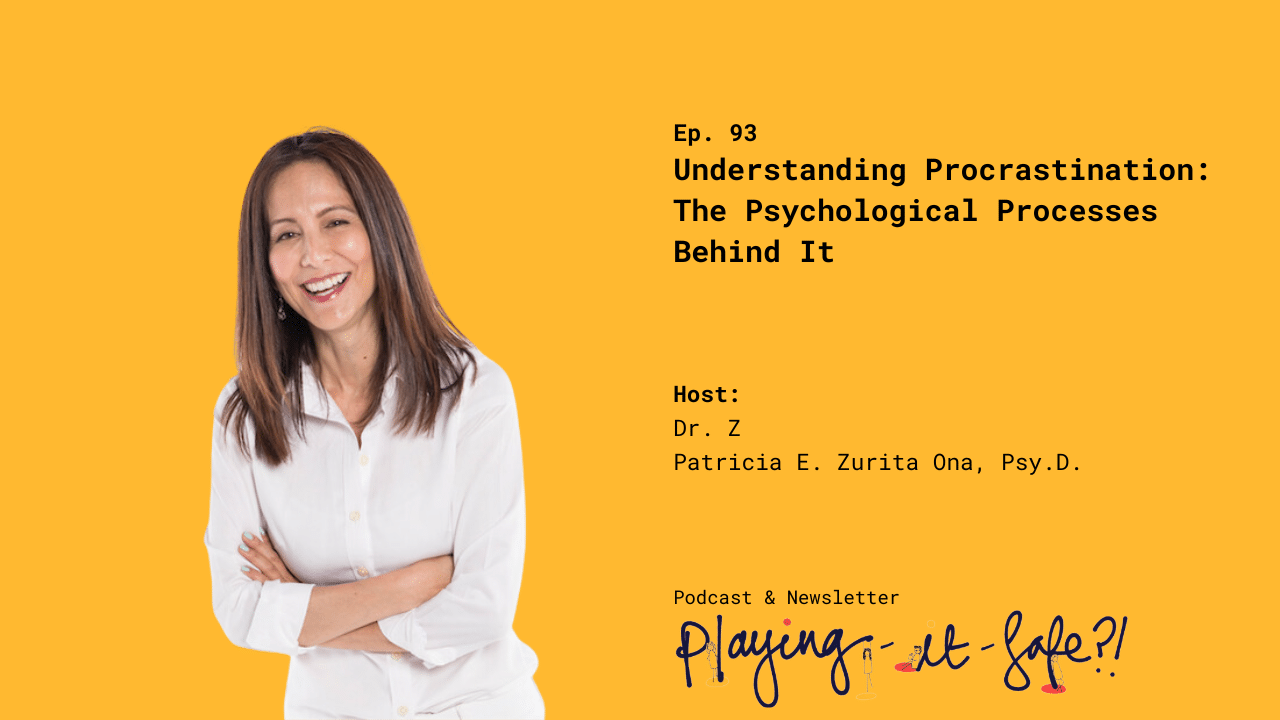
How practicing curiosity can help you handle anxiety with Chris Martin
As Chris Martin would say, “the curiosity didn’t kill the cat. In fact, she’s alive and well.”
Today, I’m sharing with you an interview with Chris Martin, a content producer and creativity coach who helps people unleash their creative fire by transforming imaginative ideas into tangible reality.
Key Takeaways
In this conversation, you will hear in particular how Chris handles overwhelming emotions, feedback, and personal narratives in regard to creative projects. And you will also hear specific tips to practice curiosity as a super-power!
About Chris Martin
Chris is a very caring, creative person that asks deep questions, creates engaging projects and is an ongoing source of encouragement for any person that collaborates with him. In fact, since the beginning of the Playing-it-safe podcast, Chris has been a key person helping me to brainstorm ideas and troubleshoot all types of technical challenges.
If you’re starting a creative project and want to get skills-based coaching, ongoing support, and collaborate with a person that genuinely cares about what you do, take a look at Chris’s community: Curiosity Builders.





